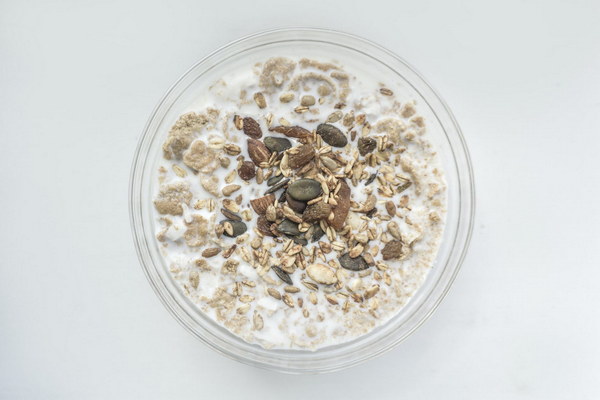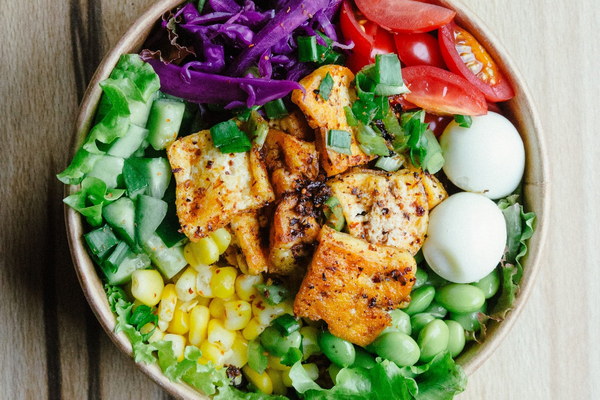Boost Your Baby's Health Effective Food Supplements for Little Ones
Introduction:

As parents, ensuring that our little ones receive proper nutrition is crucial for their growth and development. While a balanced diet is the foundation, certain food supplements can further enhance their health and well-being. In this article, we will explore some effective food supplements for babies, offering tips on how to incorporate them into their diet.
1. Breast milk: The ultimate food supplement
Breast milk is the perfect food for infants as it provides all the essential nutrients they need in the right proportions. It contains antibodies that help protect your baby against infections, and it is easily digestible. Make sure to breastfeed your baby for at least the first six months to ensure they receive optimal nutrition.
2. Iron-rich foods: Building strong foundations
Iron deficiency is a common concern among infants, as it is essential for cognitive development and the production of red blood cells. To address this, incorporate iron-rich foods into your baby's diet, such as:
- Iron-fortified cereals: Start by offering iron-fortified cereals mixed with breast milk or formula to your baby once they reach six months of age.
- Lean meats: Introduce lean meats like chicken, turkey, and lean beef into your baby's diet, ensuring to cook them thoroughly before pureeing.
- Iron-fortified baby foods: Opt for iron-fortified baby food brands that offer a variety of iron-rich options, such as pureed meats, lentils, and beans.
3. Vitamin D: Essential for bone health
Vitamin D is crucial for bone growth and development, and babies who do not receive enough of it may be at risk of developing rickets. To ensure your baby gets enough vitamin D, consider the following:
- Sunlight: Encourage your baby to spend time outdoors in the sun, as the skin produces vitamin D when exposed to sunlight. Make sure to use a safe sunscreen with a high SPF when the sun is strongest.
- Vitamin D-fortified formula: If your baby is formula-fed, opt for a vitamin D-fortified formula. Consult with your pediatrician for the appropriate dosage.
- Vitamin D-fortified foods: Introduce vitamin D-fortified foods such as milk, cereals, and orange juice to your baby's diet as they grow.
4. Omega-3 fatty acids: Supporting brain development
Omega-3 fatty acids, particularly docosahexaenoic acid (DHA) and eicosapentaenoic acid (EPA), are essential for brain and eye development. To incorporate omega-3s into your baby's diet, consider the following:
- Fish: Introduce small amounts of fish like salmon, sardines, and trout to your baby's diet after they turn six months old. Make sure to remove all bones and skin before pureeing.
- Eggs: Eggs are a great source of omega-3s. Introduce scrambled eggs or egg yolks into your baby's diet after they turn six months old.
- Flaxseeds and chia seeds: grind these seeds and add them to pureed foods or smoothies.
5. Probiotics: Promoting a healthy gut
Probiotics are beneficial bacteria that help maintain a healthy gut. To ensure your baby gets enough probiotics, consider the following:
- Yogurt: Introduce plain, unsweetened yogurt to your baby's diet after they turn six months old. Make sure to choose a yogurt with live cultures.
- Fermented foods: Incorporate fermented foods like kefir, sauerkraut, and kimchi into your baby's diet as they grow older.
Conclusion:
Incorporating these food supplements into your baby's diet can help ensure they receive the essential nutrients needed for healthy growth and development. Remember to consult with your pediatrician before making any significant changes to your baby's diet, and always prioritize the quality and safety of the foods you offer. With the right approach, you can provide your little one with the best possible start in life.









